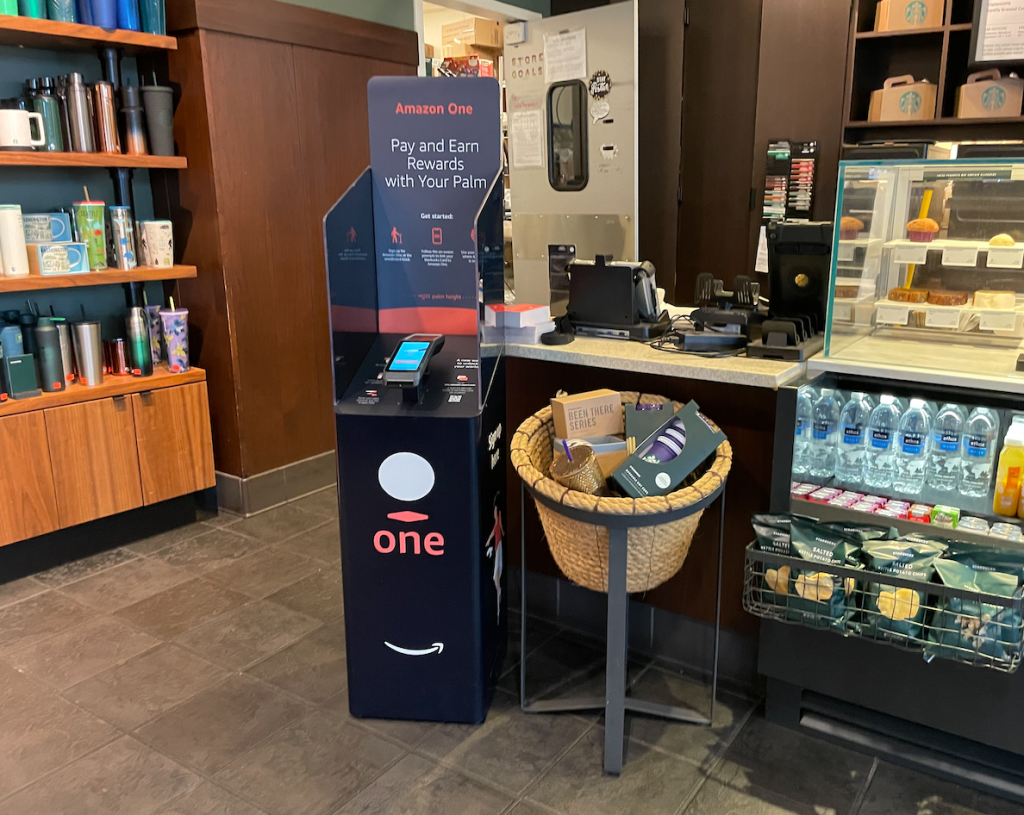Perusing the website of the Production Board earlier this week, I noticed the company that gave birth to the Cana beverage printer listed the business as “sold.”
Interesting, but not surprising. Cana, which ran into trouble trying to raise funding to build out its hardware and consumables production line, created quite a buzz the past couple of years and had filed for a bunch of IP before closing its doors this spring, so the chance to pick up the assets for a song could be a potentially intriguing prospect for a big CPG or tech brand.
When I reached out to the Production Board, they confirmed the sale but said it’s up to the acquiring company to reveal the destination of Cana. If one were to speculate, it’s easy to imagine any number of acquirers, ranging from Cola-Cola looking to make a next-gen countertop version of the Freestyle to a Keurig/Dr. Pepper turning the Cana cartridge into a money-printing consumable platform for the next decade.
Either way, we’re going to have to wait and see. If you do happen to know where Cana ended up and want to have a chat, please drop us a line.






















